This Black History Month we’re honoring the Black cycling trailblazers who shaped history and continue to inspire us today. With DEI efforts being challenged and diverse voices being silenced by the new administration, uplifting and telling these stories is crucial. The history of Black women in cycling is a testament to resilience and determination in the face of both racial and gender discrimination. In the late 19th and early 20th centuries, bicycles represented more than just transportation - they were symbols of freedom, mobility, and independence. However, Black women cyclists faced unique challenges, from segregation laws that restricted their movement to social stigmas about women riding bicycles.
Despite these obstacles, Black women carved out their own space in cycling history. They formed cycling clubs, organized community rides, and used bicycles as tools for social change. The bicycle became an important symbol in the women's suffrage movement, and Black women cyclists played a crucial role in challenging both racial and gender norms of their time.
Through decades of persistence and advocacy, Black women cyclists have transformed the landscape of cycling, though their stories have often been overlooked in mainstream cycling history. From the pioneering spirit of 19th-century cyclists to modern-day advocates and athletes, these women have created pathways for future generations while building inclusive communities around cycling.
Read on to learn more about these incredible women, their work, and their lasting impact.
This article is written by Marley Blonsky of All Bodies on Bikes.
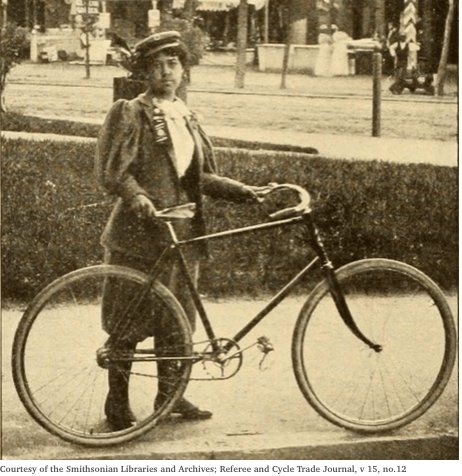
Katherine “Kitty” Knox - 1895
Kitty Knox was born in 1874 to a free black father and a white mother. Living in Boston, Knox became enamored with the cycling craze of the 1890s and quickly gained prominence as an accomplished bike racer. She was notable for a number of reasons, including her insistence on using a bicycle marketing for men only and wearing baggy trousers (of her own design), instead of the long skirts women were expected to wear.
Kitty Knox was an active member of the League of American Wheelmen (now known as the League of American Bicyclists). In 1894, the League barred African-Americans from membership. Rather than accepting the restriction, Knox challenged the ban head-on at the league’s annual meeting in Ashbury Park, New Jersey. While ultimately met with revocation of her membership, her resistance did not go unnoticed, with mentions in many newspapers at the time.
Kitty’s passion for bicycling, even in the face of adversity reminds us that resistance is important, and to speak up for what we believe in.
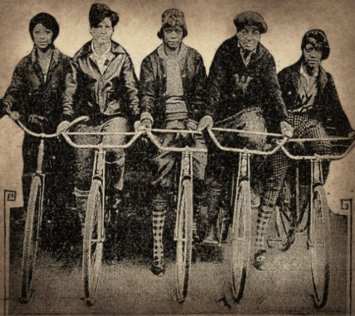
Leolya Nelson, Velma Jackson, Ethyl Miller, Marylou Jackson, Constance White - 1928
In 1928, five young Black women set out to ride from NYC to Washington, DC in 3 days. They took on this 250 mile, publicly challenging other black cyclists to do the same. Their ride became Inspiration for the 1928 Legacy Tour, a modern-day ride put on by Major Knox Adventures that honors the legacy and spirit of the original ride.
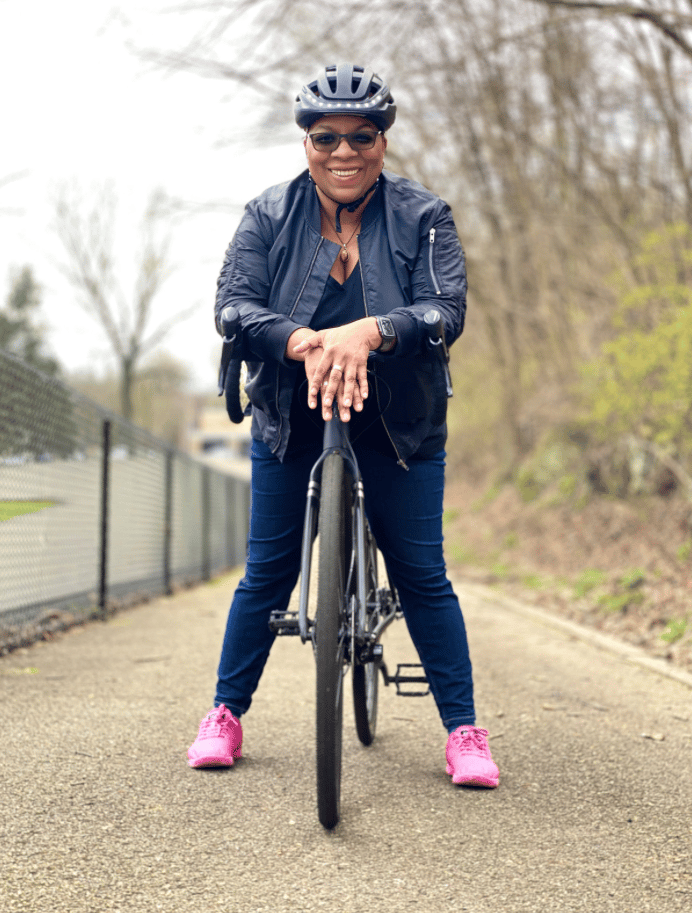
Monica Garrison, founder of Black Girls Do Bike
Monica Garrison - 2013
Monica Garrison founded Black Girls Do Bike in 2013, after noticing there were few spaces for women of color to come together and ride bikes. Her vision has led to a global movement, with over 100 chapters of Black Girls Do Bike in operation today. BGDB mission is to increase the representation of Black women in cycling. Their activities include frequent rides and meetups, mentorship programs, skill sharing opportunities, and networking for women of color. Learn more about Black Girls Do Bike at their website.
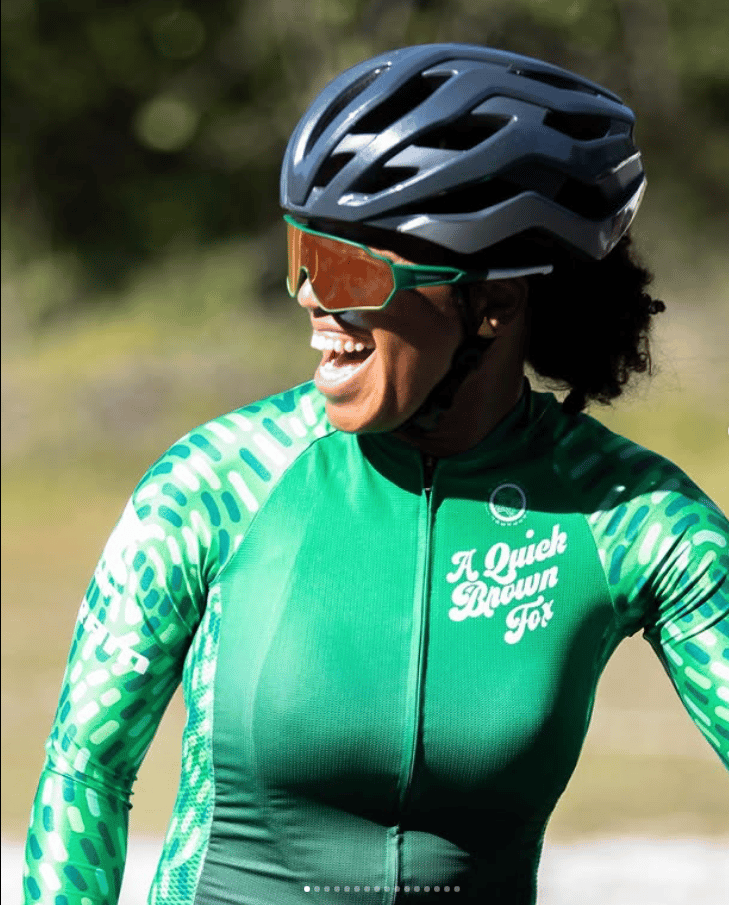
Ayesha McGowan, founder of A Quick Brown Fox
Ayesha McGowan - 2021
Ayesha McGowan (she/they) is the first African-American woman pro road cyclist, ever. McGowan raced professionally in the UCI women’s world tour for Liv Racing TeqFind in Europe for three years. She is the founder of Do Better Together, a virtual fitness community dedicated to achieving their fitness and mental health goals. Learn more about Ayesha’s work at aquickbrownfox.com
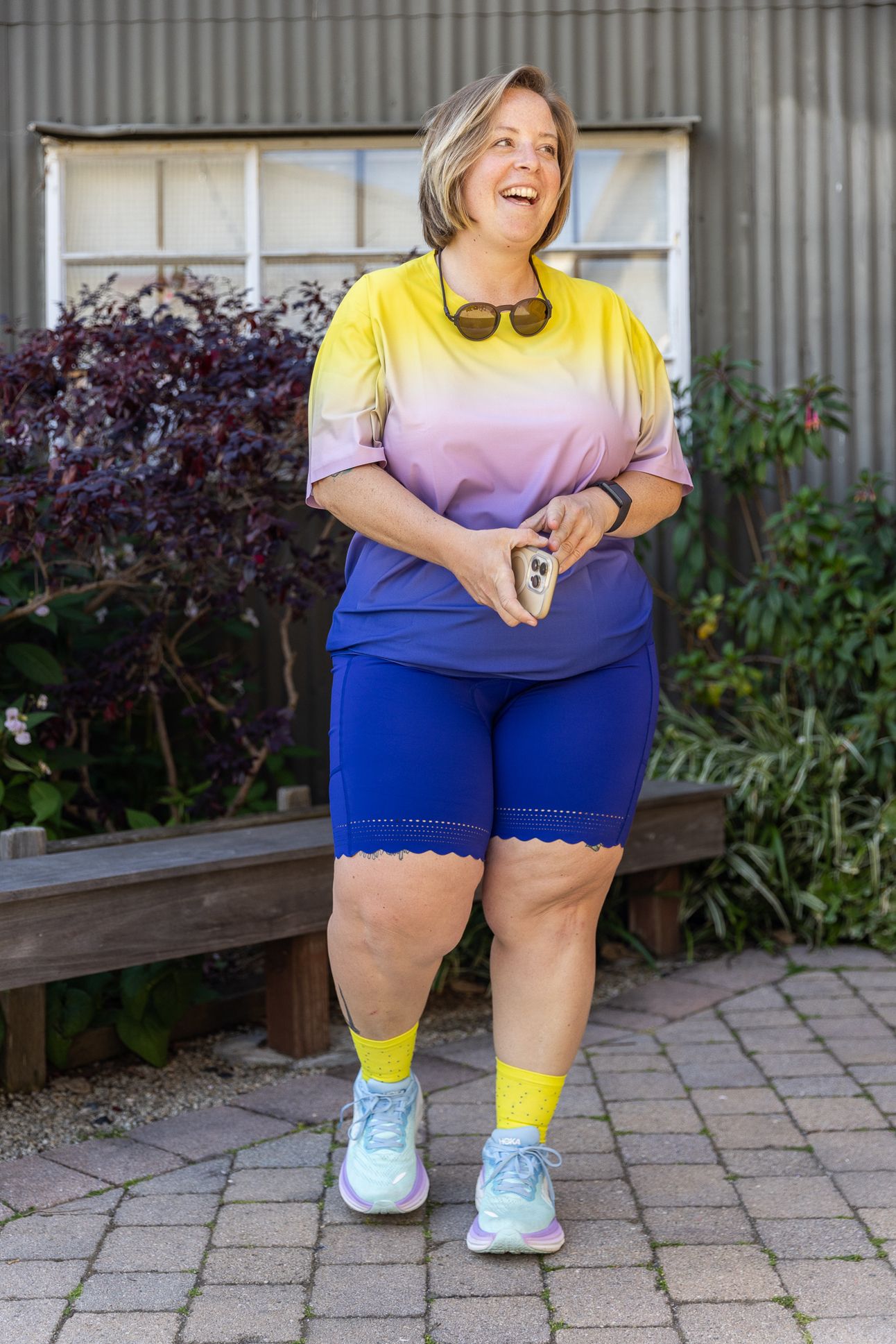
Marley Blonsky, Executive Director of All Bodies on Bikes
I encourage you to read Marley's full article on All Bodies on Bikes to learn more about these inspiring cyclists and other Black figures who have shaped the cycling community. Their stories remind us that representation matters and that cycling should be accessible to everyone.
All Bodies on Bikes will be hosting group rides throughout the year, creating spaces where cyclists of all backgrounds can come together, share stories, and build community. You can see if your community has a local chapter here.
Every time we ride, we honor the legacy of those who fought for our right to do so. Let's keep pushing forward together. See you on the trails! 🚴🏾♀️
If you enjoyed this article, consider sharing it with someone else who might enjoy it!
Penned,
Angela ✍🏾
